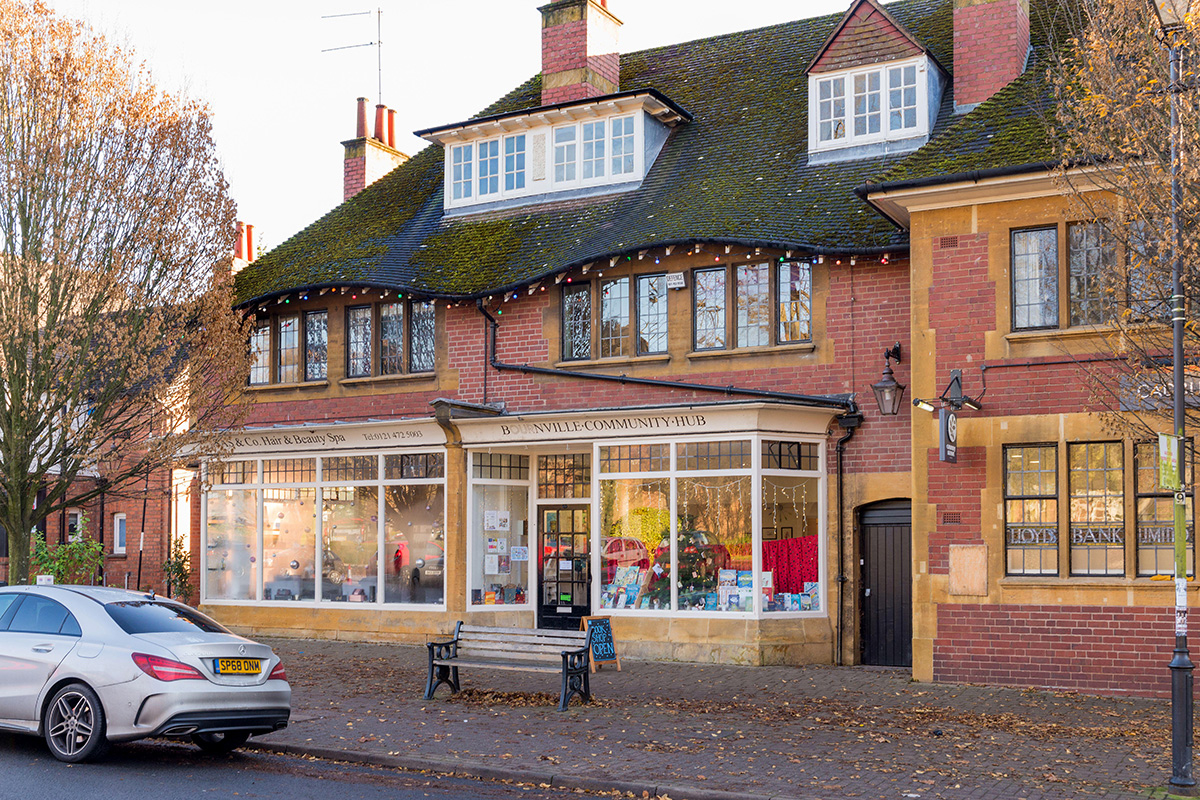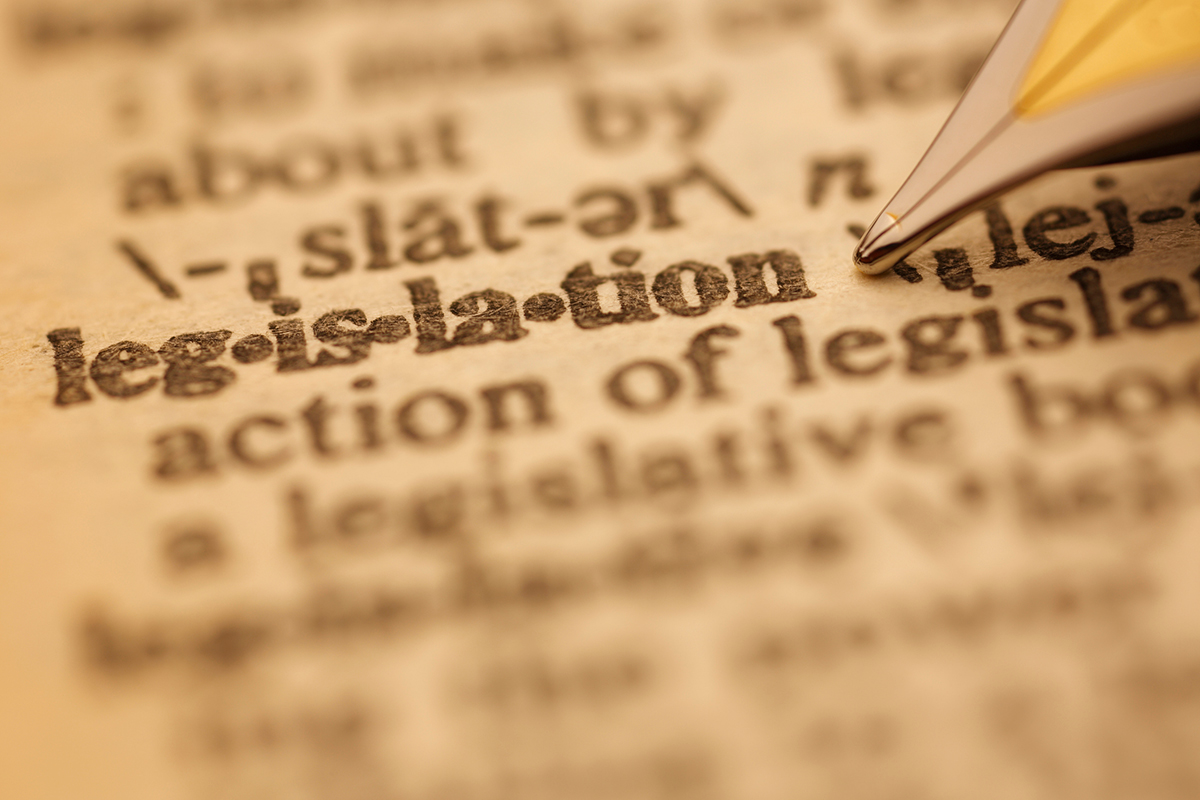Seven steps to make social landlords better
The Better Social Housing Review made seven recommendations to improve quality and include tenants in decision-making. Grainne Cuffe looks at what they are and which will be tricky to implement

Setting up community hubs. Getting tenants, frontline staff and contractors to define what an excellent repairs service looks like. Involving tenants in every level of decision-making in an organisation. These are just some of the recommendations found in the Better Social Housing Review’s (BSHR) final report in December.
Set up in June 2022 by the National Housing Federation (NHF) and the Chartered Institute of Housing (CIH), the BSHR panel was tasked with addressing the root causes of poor-quality homes. Inside Housing has dived into the suggestions to find out what the sector needs to do and how people feel about it.
But first, what is the BSHR and why was it set up?
The panel was established five years after the Grenfell Tower disaster claimed 72 lives. It also followed ITV News’ long-running investigation into the poor state of social housing in England, and activist Kwajo Tweneboa highlighting on social media some horrific living conditions tenants have been forced to endure.
An independent panel led by Helen Baker, chair of housing charity Shelter, was set up to lead the review. As part of its work, the panel spoke to tenant groups and campaigners, frontline workers, and the English Regulator of Social Housing (RSH).
While the review was ongoing, the inquest into a two-year-old boy’s death in Rochdale concluded. The coroner found that Awaab Ishak died as a direct result of prolonged exposure to mould in a Rochdale Boroughwide Housing flat. His family had complained to the housing association about the state of their home for years.
Suggestions for improvement
The BSHR report features seven recommendations, much of which focus on empowering residents to have more of a voice in the running of their landlord. Although the review refers mainly to housing associations, both the CIH and NHF say the suggestions are equally applicable to council landlords.
The panel said it would like to see the suggestions put into sector-wide plans, as well as organisation-specific plans, within six months. The recommendations are:
- Refocus core purpose and deliver against it.
- Conduct audit of all social housing in England.
- Partner with tenants, contractors and frontline staff to develop and apply new standards defining an excellent maintenance and repairs process.
- The CIH should promote the traditional housing officer role and provide training and development.
- Tenants should have a voice and influence at every level of decision-making across the organisation.
- Develop a proactive local community presence through community hubs.
- Tenants and frontline staff should undertake an annual review of the progress each organisation is making in implementing recommendations.
Repairs is now a key issue for the sector. Dean Anderson, director of customer service at 10,000-home Settle, says it is important to get residents “really at the centre” of the repairs process and to involve contractors.
“When our contractors go out, they represent us. We need to make sure that we’re all singing from the same hymn sheet,” he states.
Vicky Green, community engagement and inclusion manager at 22,000-home WHG, says she believes that recommendation three – on repairs – will bring about the most significant change.
“It takes it to a new level; really thinking about how we piece together all of what we do, from delivery through to contractors, through to the customers who will receive [the service] and that triangulation of insight.”
Another suggestion is to set up community-based hubs. These would be buildings where tenants can have face-to-face contact with staff, which is something that tenants have said is missing.
“The key thing here is about are we close to the people that are living in our homes? And there are different ways in which organisations are able to do that”
Another important role for hubs is to provide a meeting place for tenants’ and residents’ associations (TRAs). Liam Kelly, a Guinness Trust tenant and a London Tenants Federation (LTF) trustee, says not having a place to meet is a significant barrier for residents wanting to set up a TRA. He adds that the LTF is “adamant there is no substitute for grassroots, democratically accountable” TRAs.
At 57,000-home Metropolitan Thames Valley, 19 hubs are already in place, but chief executive Geeta Nanda says this may be difficult for some organisations that use a telephone service with a central hub.
“Whether they decide to completely change their model as a result of this review – I don’t know,” she says.
James Prestwich, director of policy and external affairs at the CIH, says the important thing is the outcome, not whether all social landlords adopt the exact model of community hubs. He adds: “The key thing here is about are we close to the people that are living in our homes? And there are different ways in which organisations are able to do that.”
Why the review is important
The review identifies failings in tenant engagement, particularly for Black and ethnic minority people, those with disabilities and single-parent households. “Structural inequalities and racism are threads that run throughout the report and tackling them has underpinned all the recommendations the panel is making,” it says.
The review and its recommendations have dropped at a time of significant change for the sector. The Social Housing Regulation Bill is due to receive Royal Assent this year. It puts into law a beefed-up Housing Ombudsman and regulator, the latter of which is in the process of introducing proactive consumer regulation.
Landlords will have to start collecting data on 22 tenant satisfaction measures (TSMs) from April for the new regime. There is also the NHF’s Together with Tenants charter, which includes commitments on tenant empowerment.
Amid these changes, there is concern the review could get lost in translation. And how big of a challenge is it going to be for the sector to get up to par on tenant engagement?
Jonathan Cox, director of data and business intelligence at consultancy Housemark, says tenants’ perception of the overall services provided by social landlords has been in a “slow but steady” decline “for about five years now”.
Jenny Osbourne, chief executive of tenant participation firm Tpas, says the organisation is “very interested” in a stronger community presence.
“But the question is how to do that with some of the big [landlords] that are [spread] across big geographies and scale. In some ways, we think that’s the most challenging [suggestion].”
Hubs cost money. Landlords are already facing significant financial pressures elsewhere and this would add to the list.
The recommendation on tenants having more of a voice is also a key aim of the new consumer regulation. “That will be tested far more there,” says Ms Osbourne.
“What we need is far stronger legislation to protect tenants and residents, more powers for the regulatory bodies and courts, and legal aid to provide justice for those who receive a poor service”
There is also a question of how useful the suggestion is by itself. Having hand-picked tenants on boards is not enough, argues Mr Kelly. “If you have a tenant association and they keep proper records, then over the years they get replaced by other tenants.
“You’ve got that continuity of that knowledge and decisions that can be built on.”
A spokesperson for the Social Housing Action Campaign says that while it agrees with the report’s recommendations, the onus is placed on landlords to implement the measures and perform better.
“What we need is far stronger legislation to protect tenants and residents, more powers for the regulatory bodies and courts, and legal aid to provide justice for those who receive a poor service,” the spokesperson adds.
What is clear is that aside from the moral duty to listen to and treat tenants with respect, the value that tenants’ input could have is immense.
Sign up for our daily newsletter
Already have an account? Click here to manage your newsletters












